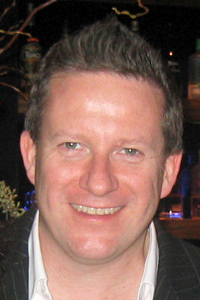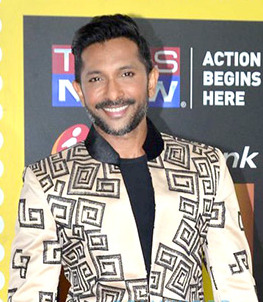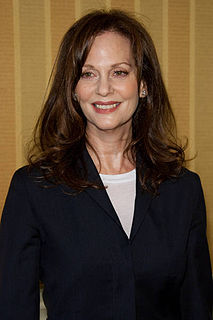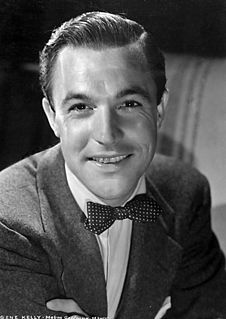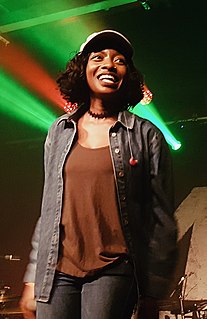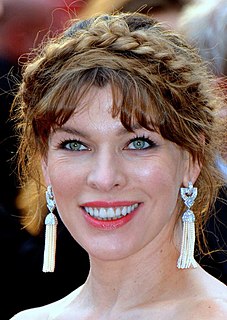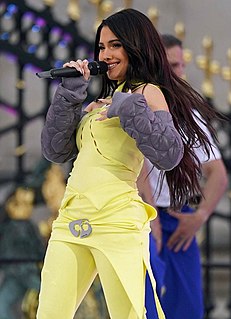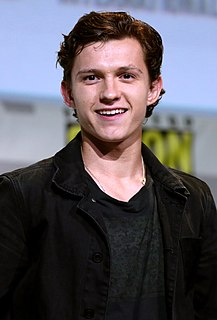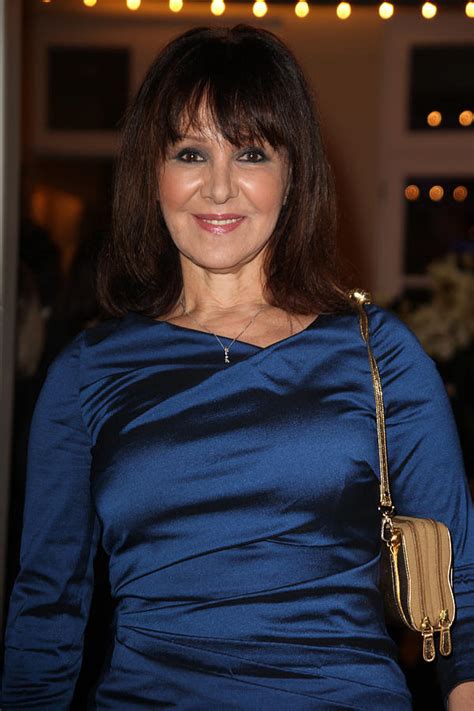A Quote by Matthew Bourne
I was always the kid down the street who got the other kids to put on a show. But it was only when I was 19, and discovered ballet and contemporary dance, that I got interested in the fact that you could have a whole evening of dance - rather than just waiting for the dancers in a musical.
Related Quotes
It's nice for me to have a ballet as a kind of platform for creativity, because unlike modern dance or contemporary dance or downtown dance, ballet is formalized, and there's something orthodox about it that I like. I like that there's less emphasis on subversion and innovation. I actually think that my musical vernacular or my musical voice is also less inclined toward innovation and subversion. I think I'm a traditionalist.
So many people report to be contemporary dancers, and they're not. They are sort of jazz dancers that feel like they're throwing a bit of classical in there. I mean, a true contemporary dancer has got ballet as their base and classical ballet, and that is their base. And then they choose to extemporize on that and go into a contemporary world.
Dance was something I'd just done at my youth club, and I used to teach dance when I was 14 to 19, 20 years old. I had my own dance group, and then I got more into the acting stuff, and I started doing things for TV. And then I put that on pause, because I really wanted to focus on my real passion, which is music.
Girls who are dancers tend to be much better models than girls who just got picked off the street. Dance is a discipline, just like martial arts. No matter what you do, you have this sort of confidence that no one can take away from you - every time you step somewhere, you're sure of where you're going.
